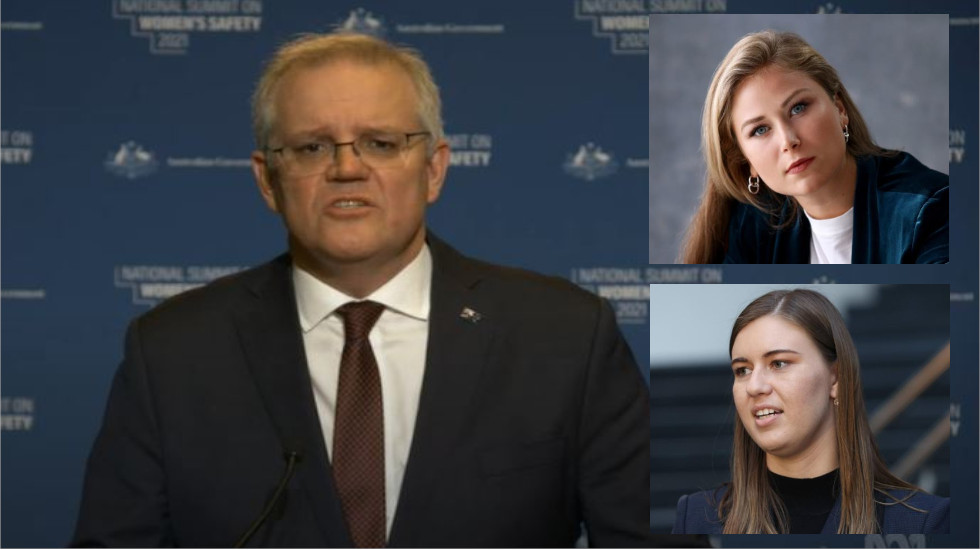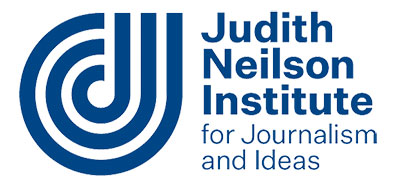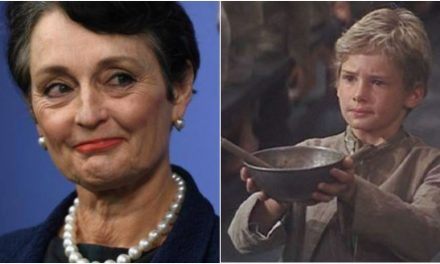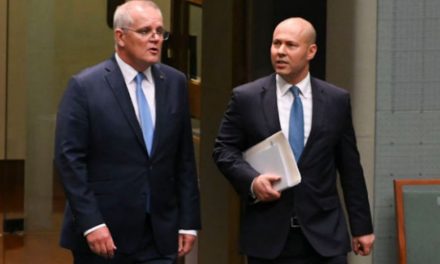Prime Minister Scott Morrison addresses the National Women’s Safety Summit. (Inset): Grace Tame and Brittany Higgins
The hypocrisy of the Prime Minister placing himself at the centre of the National Women’s Safety Summit was breathtaking.
If Scott Morrison really respected women, he would have done things very differently over the past year.
He would not have mishandled the alleged rape of Brittany Higgins 50 metres from his office. An incident he says he knew nothing about until everyone else in the room did.
He would not have blindly supported an alleged rapist in his Cabinet.
If respect was one of the Prime Minister’s core values, he would have, at the very least, called for an independent inquiry into Christian Porter to test if he was a fit and proper person to be a minister.
The fact that he didn’t even read the account of the woman who accused Porter of rape revealed where his heart lay. For him this was all about the politics.
(And in another tone-deaf manoeuvre, he promoted Porter to Acting Leader of the House while Peter Dutton was in home isolation.)
He would not have gone into hiding and snubbed the thousands of women who rallied outside Parliament House at one of the many March4Justice protests across the nation – or given a leave pass to the Minister for Women, Marise Payne. His spectacular misreading of the play cut deeply.
This was a tipping point for women in Australia.
Meanwhile Morrison, continuing to dig his hole, declared it was a triumph for democracy that women could protest without being “met with bullets”.
He would not have allowed the tearing down of the standalone specialist Family Court, a move that family law experts say will place survivors of domestic and family violence at greater risk in the mainstream court system.
He would not have presided over a government that chose not to legislate the central recommendation of the Respect@Work report – a recommendation that places a “positive duty” on employers to prevent sexual harassment in workplaces.
And he would not have allowed the slashing of funding for women’s services and emergency accommodation for victim-survivors of domestic and family violence.
Women don’t feel seen by Morrison. Women don’t feel heard by Morrison. Women don’t feel respected by Morrison.
This is why the Prime Minister’s keynote address on the first day of the Summit felt hollow.
PLEASE HELP US CONTINUE TO THRIVE BY BECOMING AN OFFICIAL FOOTYOLOGY PATRON. JUST CLICK THIS LINK.
The Prime Minister told delegates: “There is still a culture that excuses, justifies, ignores or condones gender equality that drives violence against women”.
He went on: “We have to talk about the way some men think they own women. About the way some women are subject to disrespect, coercion and violence.”
If these words, these obvious words, were coming from someone who took a principled stance on gender equality then they might have meant something. A principled man does not need to turn to his wife for guidance on what most can see as a matter of course.
The violence against women epidemic is a national emergency.
Women want action and strong leadership. Women are fed up with just words.
Women who work in the violence prevention sector know what works. What they need is sustained funding to see it through.
Hayley Foster, CEO of Rape and Domestic Violence Services Australia, told the summit that community organisations involved in this work “are operating on the smell of an oily rag. which means they are always at crisis point but they are not resourced to do the work that we want to see happen (early intervention) to support families”.
Women working in this sector want long term solutions. More funding is needed in housing for women escaping violence, for legal services for victim-survivors, for frontline services and for 10 days of paid domestic and family violence leave.
They want more investment in Aboriginal and Torres Strait Islander community-led responses and a national uniform definition of sexual consent.
Australian women are sick and tired of words, toolkits and “starting a conversation” about violence against women. Rosie Batty did that seven years ago.
We must listen to survivors but, as sexual assault survivor and Australian of the Year Grace Tame says, we have to stop putting the onus on them to fix broken systems.
If the political will is there, real change can take place – and it’s up to the Prime Minister to take the lead.
The Prime Minister says we need to start accepting their good intentions on this. Well, good intentions alone won’t cut it, Prime Minister.
The women of Australia will only accept good intentions that come with action.













I’m not sure how to feel after reading this Angela. Sheer exasperation is probably close. Having 2 x daughters in their 20’s who thankfully are strong and independent it’s shameful that we are still crying out for leadership on women’s rights in this country. Surely the public see through this clown’s spineless character don’t they? I’ve just written 2 x blogs on this peanut just in order to purge my frustration! Thankyou for reminding me of some of the other examples of his woeful behaviour. Beautifully written as usual. Cheers
Thank you Ian. I feel the same as you, and writing is indeed cathartic. Here’s to better days ahead and stronger leadership!
Cheers,
Angela